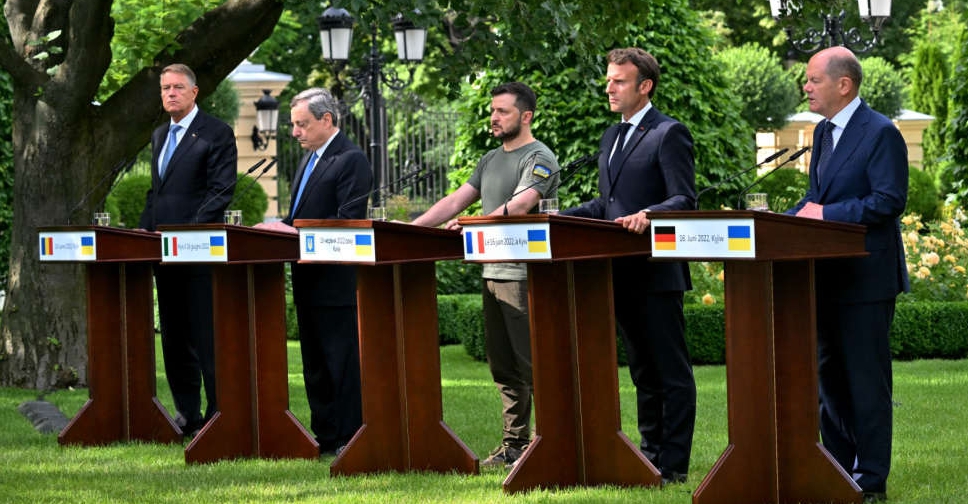
Britain will host talks on rebuilding key infrastructure in Kyiv on Friday, a day after the leaders of Germany, France and Italy visited Ukraine and offered it the hope of EU membership as it battles a ferocious Russian offensive in the east.
Air raid sirens blared as French President Emmanuel Macron, Germany's Olaf Scholz and Italy's Mario Draghi visited the Ukrainian capital and a nearby town wrecked early in the war.
After holding talks with President Volodymyr Zelenskiy, the leaders signalled that Ukraine should be granted European Union candidate status, a symbolic gesture that would draw Kyiv closer to the economic bloc.
Scholz said Germany had taken in 800,000 Ukrainian refugees and would continue to support Ukraine as long as it needed.
"Ukraine belongs to the European family," he said.
Britain will welcome representatives from Ukraine and business leaders on Friday to discuss how British companies can help rebuild key infrastructure in Kyiv.
Britain will promote collaboration between its companies in infrastructure, energy and transport, and Ukrainian public and private organisations to help repair damaged and destroyed infrastructure.
On the battlefield, Ukrainian officials said their troops were holding out against massive Russian bombardment in the eastern city of Sievierodonetsk, and described new progress in a counteroffensive in the south.
But they said battles on both main fronts depended on receiving more aid from the West, especially artillery to counter Russia's big advantage in firepower.
"We appreciate the support already provided by partners, we expect new deliveries, primarily heavy weapons, modern rocket artillery, anti-missile defence systems," Zelenskiy said on Thursday after the talks with his European counterparts.
Macron said France would step up arms deliveries to Kyiv, while NATO defence ministers meeting in Brussels pledged more weapons for Ukraine while making plans to bolster the US-led military alliance's eastern flank.
'MAKE EUROPE, NOT WAR'
The visit to Ukraine by the three most powerful EU leaders had taken weeks to organise while they fended off criticism over positions described as too deferential to Russian President Vladimir Putin.
The leaders, who were joined by Romanian President Klaus Iohannis, toured Irpin, devastated soon after the invasion began on February 24.
Noting graffiti on a wall that read "Make Europe, not war", Macron said: "It's very moving to see that. This is the right message."
Putin has repeatedly said the main immediate reason for what he casts as a "special military operation" was to protect Russian-speakers in east Ukraine from persecution and attack.
Scholz, Macron and Draghi all say they are strong supporters of Ukraine who have taken practical steps to reduce Europe's dependence on Russian energy and find weapons to help Kyiv.
But Ukraine has long criticised Scholz over what it regards as Germany's slow delivery of weapons and reluctance to sever economic ties with Moscow, and was furious this month at Macron for saying in an interview that Russia must not be "humiliated".
Italy has also proposed a peace plan which Ukrainians fear could lead to pressure on them to give up territory. After the talks in Kyiv, Macron said some sort of communication channel was still needed with Putin.


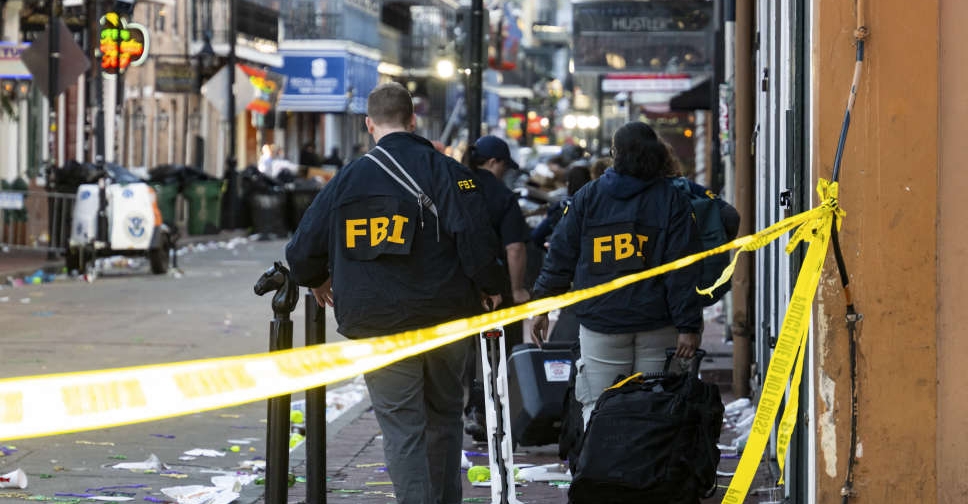 Police probe motive in New Orleans truck rampage
Police probe motive in New Orleans truck rampage
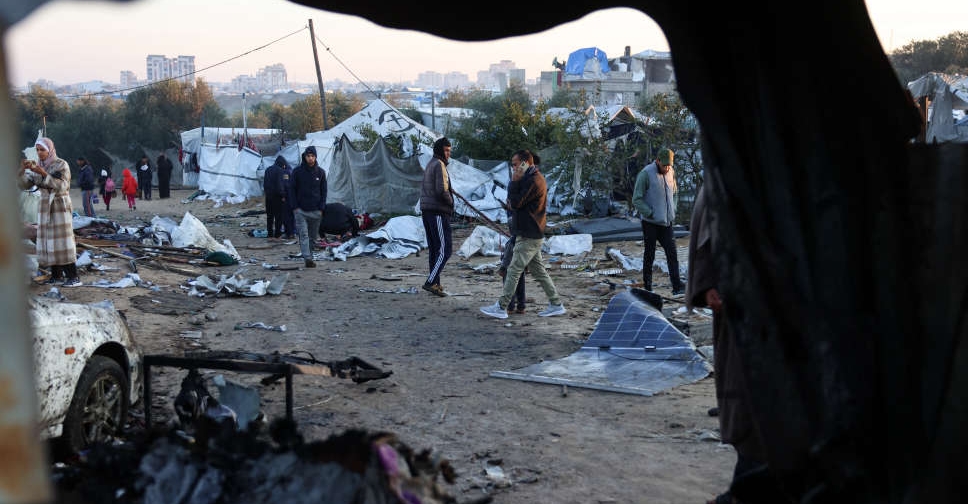 Israeli airstrike kills at least 10 in southern Gaza
Israeli airstrike kills at least 10 in southern Gaza
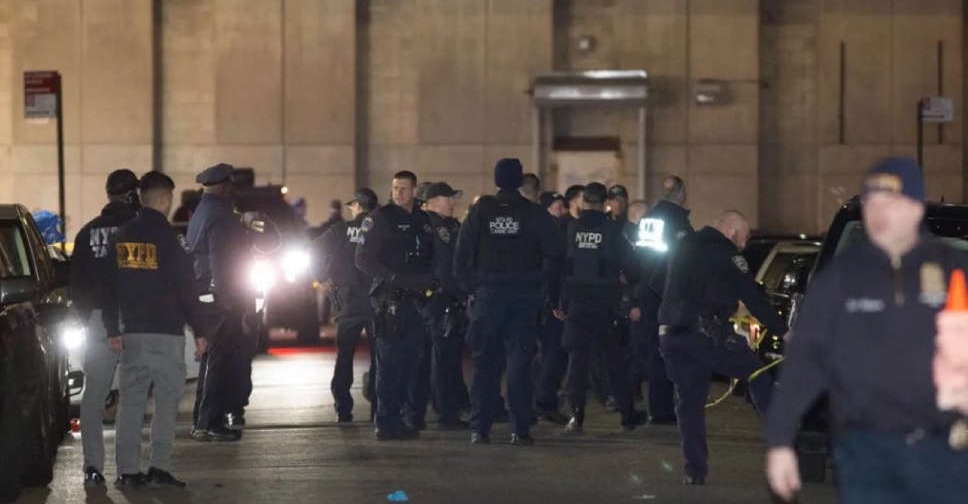 10 people injured in New York City shooting incident
10 people injured in New York City shooting incident
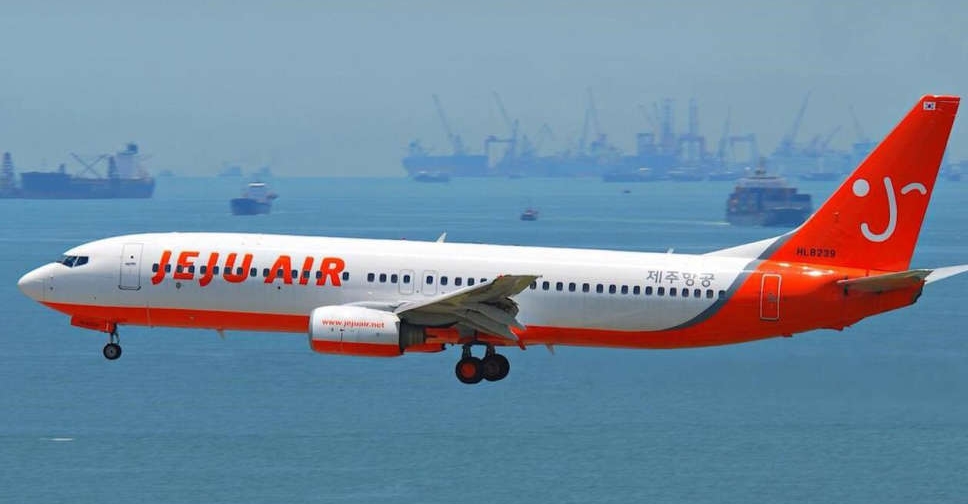 South Korea police raid Jeju Air, airport over fatal crash
South Korea police raid Jeju Air, airport over fatal crash



